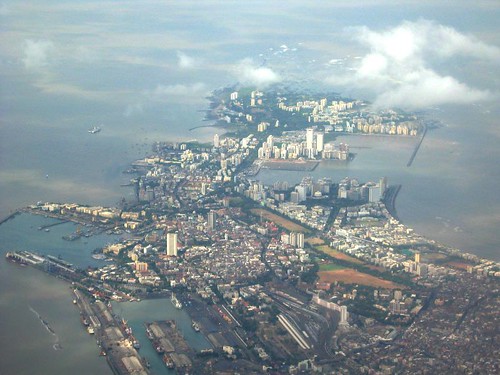While Pervez Musharraf attempts to calm Pakistan after his declaration of emergency rule (effectively a declaration of martial law), Benazir Bhutto waits eagerly and the U.S. waits nervously.
That just about sums up Pakistan’s most recent conflict. But we need more detail.
Musharraf
If you aren’t living under a rock, you know that this is at its most basic level an attempt to hold on to power by President Musharraf.
Musharraf has been in a continuous power struggle with the Pakistani judiciary ever since the 1999 coup which brought him into power. The issue at the forefront of the confrontation has been the fact that Musharraf holds both the office of President and of Chief of the Army, constitutionally illegal. This struggle escalated this year, with the Chief Justice Iftikhar Chaudhry being suspended, reinstated, and suspended again during the current crisis.
The motive of the suspension was widely (if not universally) seen as a move to hold on to power by Musharraf. Elections were coming up in October, and it was essentially assured that the Supreme Court would not allow the Pakistani President to hold on to both his military and political posts.
The elections in October overwhelming went to Musharraf, though the election has yet to be certified by the Supreme Court. That decision was expected to come Monday, and was also projected to not be in favor of the President.
This led Musharraf to make the decision to declare martial law.
Bhutto
Benazir Bhutto has been cast as the democratic savior of Pakistan by hopeful analysts in the U.S. and hopeful citizens in Pakistan. But Bhutto is still a politician, and a corrupt one at that. She presided over two administrations overflowing with corruption and human rights abuses.
She is hoping to gain a third term as Prime Minister in the recently delayed parliamentary elections, though laws created by Musharraf block her and other former Prime Minister Nawaz Sharif from seeking third terms. This forced Bhutto to try to cut a power sharing deal with Musharraf to secure her position as prime minister, which appears to have been successful.
While the full details have yet to emerge, a consensus among analysts has emerged: the deal has hurt Bhutto’s image as a democratic leader and threatened her credibility.
This was the setting for the current power play. Rumors were swirling that Bhutto was aware of Musharraf’s emergency plans, and this was only the next step in their plan. They are both losing power and popularity, and know it. They had to take this step in order to have a chance at staying in power.
In fact, Bhutto knew well enough last week that there was a possibility of martial law being declared. But she left for Dubai anyway, after ‘delaying’ her trip temporarily.
Yes, Bhutto has been leading protests. But that is all to put on her democratic public face. Though she leads protests, she is still in league with the General.
Expect to see Bhutto in power next year, alongside Musharraf.
The U.S.
This is a military and diplomatic nightmare for the U.S. After months of diplomatic pressure, in Pakistan, a nuclear armed state teeming with Islamic terrorists, the President effectively declares martial law solely in order to hold on to power. Anything elections Musharraf’s government holds, any attempt to reconcile with political opponents, the sincerity of anything he does will be questioned.
Nevertheless, the U.S. must continue to rely on Musharraf. Even if Pakistan was not the hiding place of Osama bin Laden, withdrawing the support of General Musharraf would send the country and its multiple nuclear missiles into total anarchy.

